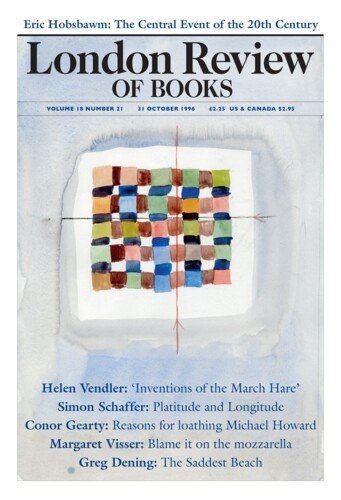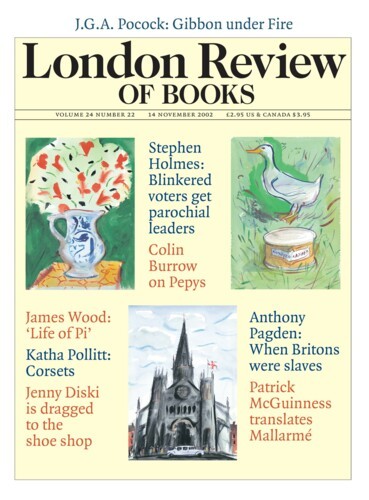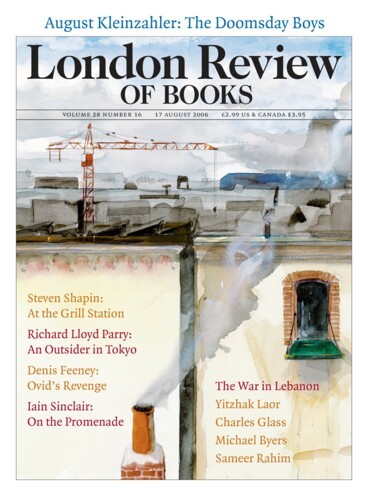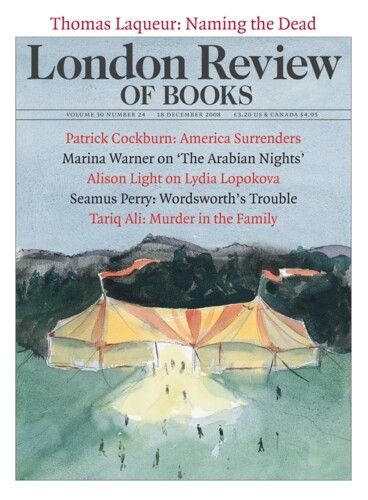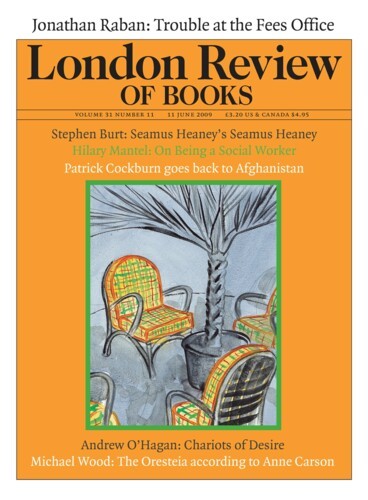Rolodex Man
Mark Kishlansky, 31 October 1996
It is becoming difficult to remember how influential Christopher Hill once was. When E.P. Thompson dedicated Whigs and Hunters to ‘Christopher Hill – Master of more than an old Oxford college’ he was recognising Hill’s stature as a historian, academic and public figure. From his perch as Master of Balliol, he presided over the education of future mandarins and exerted an influence on the intellectual life of Britain. His work, which roamed over more than two centuries of England’s past, transcended his specialisation. He trained a stable of accomplished historians, but his impact on students of literature and general readers was just as great. His textbooks, Century of Revolution (1961) and Reformation to Industrial Revolution (1967), dominated in the schools.’
